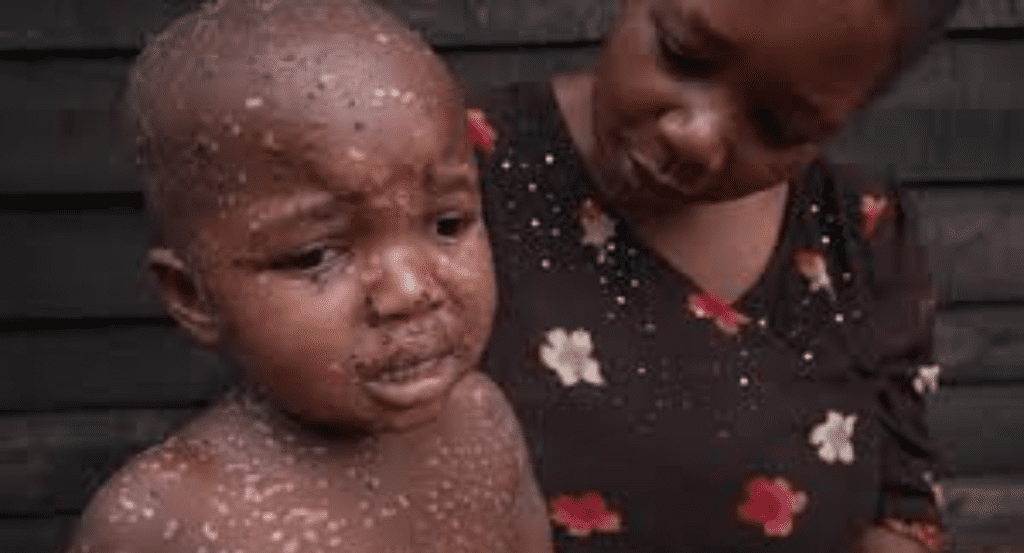The Democratic Republic of Congo (DRC) has seen encouraging signs that the spread of mpox (formerly monkeypox) may be stabilizing, with over 50,000 people vaccinated across the region. Health experts and the World Health Organization (WHO) report that vaccination efforts, particularly in high-risk communities, have shown progress in containing the outbreak. However, they emphasize that more vaccines and public health resources are urgently needed to fully curb the virus.
WHO and Local Health Efforts in Congo and Rwanda
According to Dr. Patrick Mwanza, an epidemiologist with the WHO Africa Office, the DRC’s proactive vaccination campaign has led to a reduction in the rate of new infections. “Our goal is to reach at-risk populations and prevent further spread, but we still have a lot of ground to cover,” Dr. Mwanza said. WHO data indicates that in addition to those already vaccinated in the DRC, a significant number of people have also received vaccines in neighboring Rwanda, as the WHO and local health agencies strive to manage cross-border health risks.
The WHO noted that vaccinated individuals have shown significantly lower infection rates, underscoring the vaccine’s effectiveness. Nevertheless, experts like Dr. Mwanza stress the need for continued vaccine distribution to address gaps in immunity, especially in remote areas where access to healthcare is limited.
Unvaccinated Populations at Higher Risk
A recent study highlighted by the Nigerian Tribune reveals that unvaccinated individuals face a fivefold increased risk of contracting mpox compared to those vaccinated against smallpox. Dr. Susan Ayodeji, a leading infectious disease expert, commented on the findings: “The smallpox vaccine offers partial protection against mpox, which is critical in areas where the virus is circulating. The high risk for unvaccinated populations signals the need for further vaccine outreach.”
The WHO and local health agencies have thus prioritized vaccination for those without prior immunity to smallpox, noting that vaccination coverage in such groups could prevent a significant number of new cases.
Stabilization Efforts and Ongoing Challenges
While health officials celebrate these recent advances, they remain cautious. Dr. Pierre Musafiri, a public health specialist in Kinshasa, expressed optimism but urged continued vigilance, particularly among health workers and those in crowded urban settings. “This progress is promising, but we are not out of the woods yet,” Dr. Musafiri stated. He pointed out that vaccine accessibility remains limited in many rural and conflict-affected regions of Congo, where healthcare delivery faces logistical challenges.
Dr. Ayodeji echoed these sentiments, warning that as long as high-risk communities remain under-vaccinated, there is potential for the virus to regain momentum. “The stability we see now is largely due to the concentrated efforts of health agencies, but without sustained support, these gains could be lost,” she explained.
Future Outlook and International Support
As the DRC’s health authorities ramp up efforts to contain the virus, there are calls for international assistance to boost vaccine supplies and healthcare infrastructure. The WHO has announced plans to seek additional funding to support ongoing vaccination campaigns and improve diagnostic capacity in affected areas. According to Dr. Mwanza, global cooperation will be essential to achieving long-term containment. “This is a global health issue, and we need the world to respond as such. More vaccines, medical personnel, and resources will be crucial in keeping the virus under control,” he emphasized.
The latest data provides hope for a gradual return to normalcy, but health leaders stress that efforts must not wane. They urge the international community to support ongoing campaigns to ensure the outbreak is not only controlled but eliminated in the region.






















